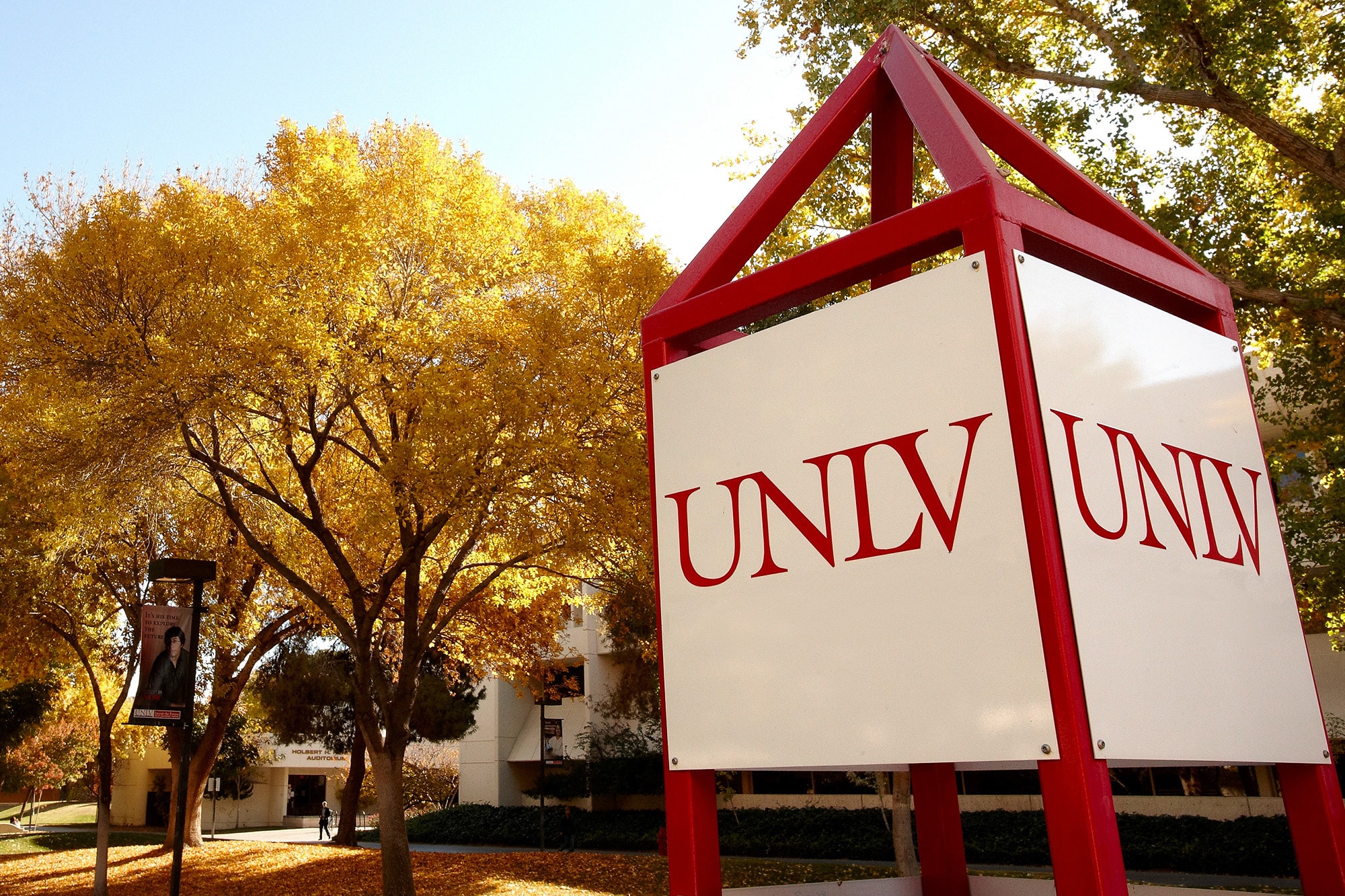It's a good time to buy a house in Southern Nevada. Home prices in Las Vegas have fallen considerably since 2007. While good news for potential homebuyers, this doesn't translate to an economic resurgence for Southern Nevada. Unlike years past, Las Vegas will no longer depend on real estate and population growth to spur economic activity. Rather, the state needs more jobs to bring people back to town, a UNLV economic outlook report shows.
"Diversification in an economy occurs when it's down and it doesn't occur when it's flying high. This is creating an opportunity for new business in Southern Nevada. Hopefully they will take advantage," said Stephen Brown, director of the UNLV Center for Business and Economic Research (CBER), which issued the economic outlook report. "Many people are ready to work and there is a lot of affordable housing, residential and commercial space available."
The CBER report says the economy is slowly recovering and will continue to pick up during latter half of 2011. Tourism, gaming and the hospitality sectors showed some improvement in late 2010 and early 2011, but the U.S. economy slowed. The slowdown affected much of Nevada's main economic engine - tourism. Nevada's recovery is still very much dependent on how the U.S. economy shapes up, Brown said.
"After a devastating blow to our economy, we're starting a recovery process but with very low levels of economic activity. Nevada is not at a point where it used to be," Brown said.
CBER's forecast for Southern Nevada's economy:
- The Southern Nevada economy will see moderate recovery in the latter half of 2011 and early 2012.
- Housing unit permits will fall and fewer and smaller apartments will be built.
- Visitor volume will rise faster than gaming revenue. Visitors will continue coming to Las Vegas with less money to spend.
- Except for the busiest times of the year - holidays and special events - local hotels will have excess rooms.
- Slow employment growth is expected over the next few years.
CBER economists base their forecast on a composite of gaming revenues, employment data and taxable sales, which have been relatively flat the last few months. The economists say passenger counts, room occupancy and gaming revenues are inching upward and construction activity is moving downward.
Brown noted that the recovery of the Las Vegas housing market hinges on residential vacancies; however, there is conflicting data. CBER and the Multiple Listing Service (MLS) show 32,050 residential vacancies in Clark County while the county itself estimates 55,599 vacancies and the U.S. Census estimates 124,978 vacancies. The CBER and MLS data suggest excess housing in Las Vegas could be absorbed in little more than two years, while the county's data suggests three to five years, and the Census data suggests at least six years.
For more information, visit CBER at the UNLV College of Business and the UNLV Lied Institute for Real Estate Studies.



